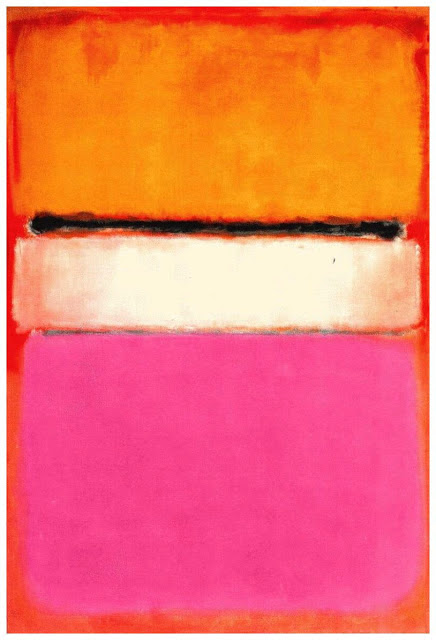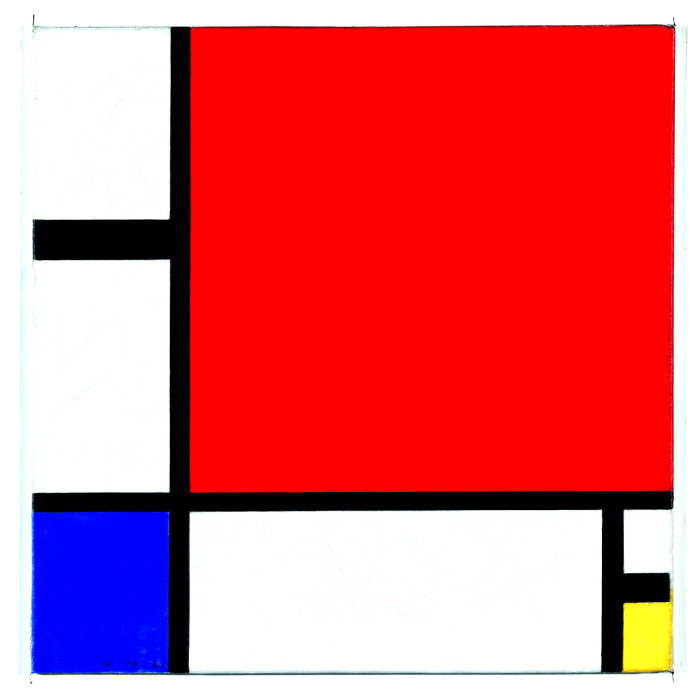“That’s not art. I could do it.” — A new interpretation that activates art and yourself
We’ve all heard someone say “That’s not art. I could do it.” Maybe you said it yourself.
The comment can lead to interesting discussion on what makes art, but rarely. It can lead you to realizing that the value of art doesn’t depend on how hard it was to create. The usual response is “Well, you didn’t. And they did it first.”
I suggest a new response.
If the person who says it, perhaps yourself, sees beauty or truth in the work of art, suggest that they re-create it. Seriously suggest they do what they say they can do. They could have a museum-quality work of art on their wall if they do, for only the cost of materials.
When you look at art with an eye to re-create it
When you look at, say, a painting with a mind to re-create it, a couple things happen.
First, you’ll likely realize making it would be harder than you thought, leading you to appreciate it more. People make comments like “I could do it” about apparently simple pieces like, say, Mondrians
 They seem easier to create than your typical Vermeer, but that doesn’t make them easy to create. Even forgetting about how they contributed to art in their time, which creates most of their value and the challenge of the artist to communicate meaningfully, which these artists did, the mere craft of these works is significant.
They seem easier to create than your typical Vermeer, but that doesn’t make them easy to create. Even forgetting about how they contributed to art in their time, which creates most of their value and the challenge of the artist to communicate meaningfully, which these artists did, the mere craft of these works is significant.
Sure, you could make colorful shapes on a canvas, but could you reproduce those faithfully? Matching the colors, brush strokes, edges, texture, and so on would be nearly impossible.
Say you don’t care about getting those details exactly right — you just want to represent them close enough. I think you’d still have trouble. You’d probably make paintings that looked like kids’ versions of them, exposing the craft the original artist likely had to learn to create these works in the first place (forgetting again their need to participate in their community to learn the important issues of their time enough to give back to it so the rest of the community appreciates them for it).
Even if you don’t mind poor representations, by this point in thinking about and looking at the art, you’re looking at the art differently — more actively and thoughtfully.
Second, you start thinking about how to make art. What do you need? For paintings you need paint, brushes, canvases, and so on. You also need space to set up, time, and stuff you don’t mind getting splattered with paint. How do you mix colors? How do you get the paint on canvas with the texture you want?
Do you need an easel?
Do you start with drawing first?
Where do you get this stuff?
Now you’re thinking like an artist. Maybe you’ll start thinking “What not do it?”
Third, and my favorite, you might start thinking “I can make paintings as beautiful as this one” or truthful or whatever its appeal and start thinking of doing it. You might even do it.
This change from thinking you can do something in principle to acting on it changes your life. I say this having had almost no art training yet having had several gallery shows and pieces in museums and big public art pieces. Art of all forms takes on new and greater meaning when you create it yourself — yours and others’ too.
Fourth, you might start thinking about the difference between an original work and a copy of an original work — which, itself, is an original work of a different sort. Just because it’s a copy doesn’t make it worse. You might value one you created more for your having created it. Now you start getting into values in general and yours in particular and thoughts about truth, beauty, and so on.
Isn’t thinking like that one of the mean things we like art for?
Doing and creating things yourself
I think I started developing this perspective of doing things over talking about doing things by co-founding my first venture. Entrepreneurship is about creating something from scratch too.
Once you start working with this active perspective, life starts becoming more active. You start taking more responsibility. You learn to appreciate others’ work more.
At least that’s been my experience.
Good luck! I’d love to see what you create.
Read my weekly newsletter

On initiative, leadership, the environment, and burpees
